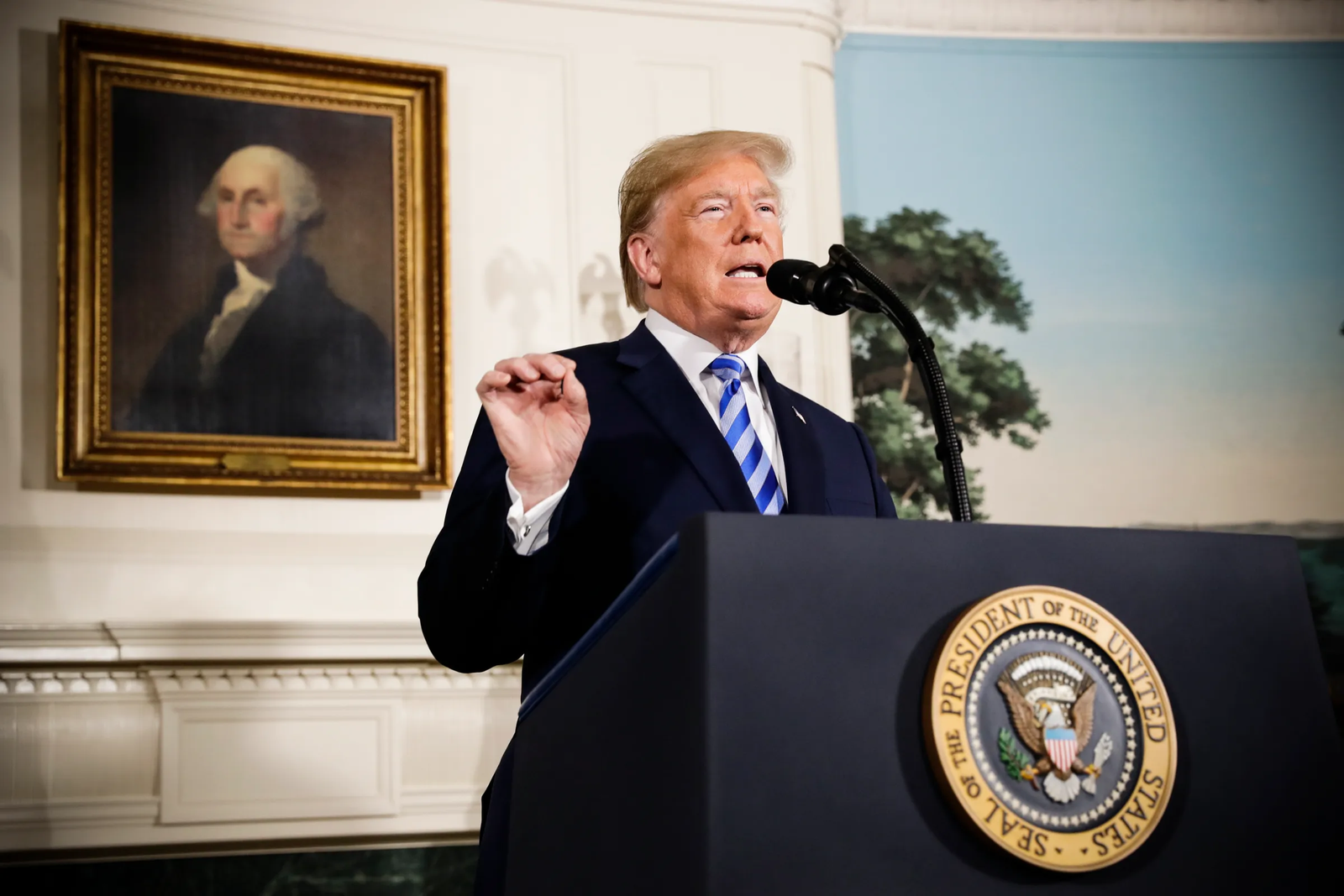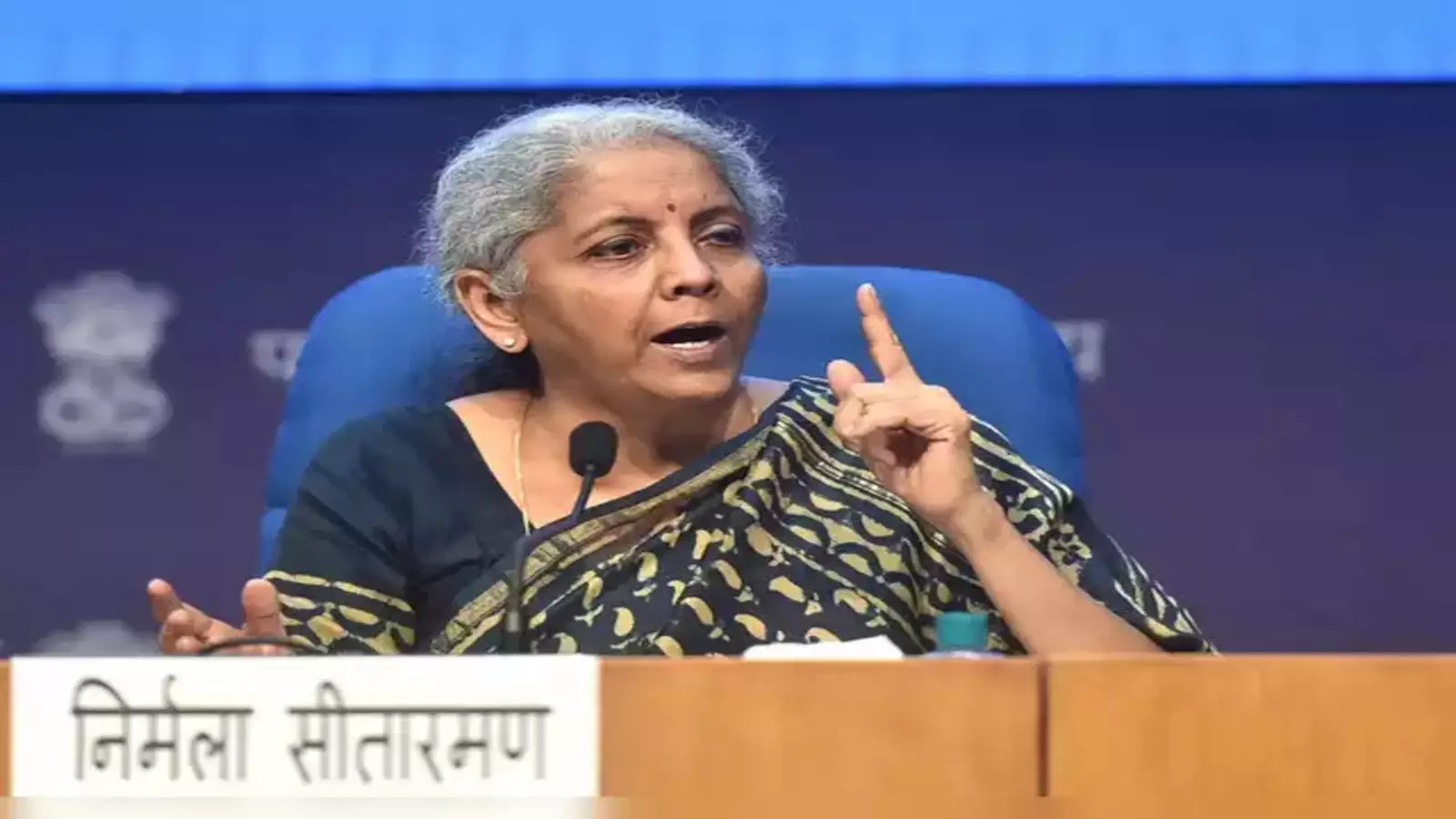India-Canada relations have hit a rough patch, marked by diplomatic disputes involving organized crime, terrorism, and extradition issues. Central to this tension is the alleged involvement of individuals connected to the Lawrence Bishnoi gang and the controversy surrounding the assassination of Hardeep Singh Nijjar, a designated terrorist by India. This blog post examines the recent developments, Canada's reluctance to extradite Bishnoi gang members, and the ongoing diplomatic fallout between the two nations.
Canada's Reluctance to Extradite Bishnoi Gang Members
India has voiced concerns over Canada's handling of individuals linked to the Lawrence Bishnoi gang, a notorious criminal organization operating both in India and Canada. Indian Ministry of External Affairs spokesperson Randhir Jaiswal recently criticized Canada's refusal to extradite these criminals despite several formal requests. According to Jaiswal, 26 extradition requests have been pending for over a decade.
Jaiswal further added, "It is strange that Canada claims these individuals are committing crimes there, yet blames India for their actions." This situation highlights the challenges in addressing cross-border criminal activities, and India's frustration is evident, given that several probational requests related to organized crime are still unresolved.
Khalistani Terrorism and the Hardeep Singh Nijjar Assassination
Tensions between India and Canada have escalated following the assassination of Hardeep Singh Nijjar in Surrey, British Columbia, in June 2023. Najjar was designated as a terrorist by India's National Investigation Agency (NIA) in 2020. Canadian Prime Minister Justin Trudeau publicly accused India of orchestrating the murder, which India has categorically denied.
Despite Trudeau's allegations, he later admitted in a public inquiry that Canada lacked hard evidence linking Indian government agents to Nijjar's death. He clarified that Canada's claims were based on intelligence rather than conclusive proof. However, this has not stopped the Royal Canadian Mounted Police (RCMP) from suggesting that certain Indian diplomats may have been involved in Nijjar's murder, further fuelling the controversy.
Diplomatic Fallout: Expulsions and Strained Relations
The tensions culminated in India withdrawing several diplomats from Canada, citing security concerns. In retaliation, Canada expelled several Indian officials. Jaiswal criticized the Canadian government's actions, describing them as "politically motivated" and part of a pattern to defame India. He stated:
"The situation has been precipitated entirely by the Trudeau government. India has shown considerable restraint despite Canada's provocative steps."
Despite the political rift, India emphasized the importance of strong trade ties and people-to-people connections, particularly because of the large Indian student population in Canada.
Involvement of Former RAW Officer in Another Plot
In a related development, the United States Department of Justice (DOJ) named a former officer from India's Research and Analysis Wing (RAW) in connection with an alleged assassination plot against Gurpatwant Singh Pannun, another prominent Khalistani activist. India confirmed that the Indian government no longer employs the individual.
US and Indian authorities are now conducting joint investigations into the plot. This collaborative effort indicates that, despite the diplomatic strain, India and the United States maintain close intelligence-sharing mechanisms India-Canada Relations.

Trudeau's Public Admission and G20 Summit Dynamics
During the G20 summit held in New Delhi in September 2023, Trudeau had a confrontation with Prime Minister Narendra Modi, accusing India of involvement in Nijjar's death. However, Trudeau chose not to make the allegations public during the summit, citing that Canada's claims were based solely on intelligence.
Read more: top 10 news headlines 2024
Trudeau later explained that India raised concerns about individuals in Canada critical of the Indian government and requested their arrest. This interaction underscores the deep-rooted political differences between the two countries over the handling of diasporic communities and political dissent.
Read More: Amazon Great Indian Festival furniture deals: Enjoy discounts of over 55% on Sofa Sets, Wardrobes, Beds, and Mattresses!
Conclusion
India-Canada Relations, The ongoing tensions between India and Canada are not just about one incident but are part of a broader conflict involving criminal networks, extradition issues, and terrorism-related controversies. The Lawrence Bishnoi gang's activities in Canada and the unresolved Khalistani terrorism threat complicate diplomatic relations further.
Other Popular News Post:
Saudi crown Prince | Chicago travel delay | SpaceX Crew Dragon | Packers vs Broncos | Har Ghar Tiranga Certificate | Dalhi Rain forecast | Arvind Kejriwal Moves Supreme Court | SEBI Chief Madhabi Puri Buch | Amazon Great Sale Ends | Indian telecom industry | India’s 78th Independence Day | Rape and Murder | 78th Independence Day | Mahindra Thar Roxx | Nalin Prabhat | Ola Electric 2024
Explore other popular Posts:
Blog | News | Entertainment | Education | Sports |
Technology | Cryptocurrency | Stock | Home | Sitemap





